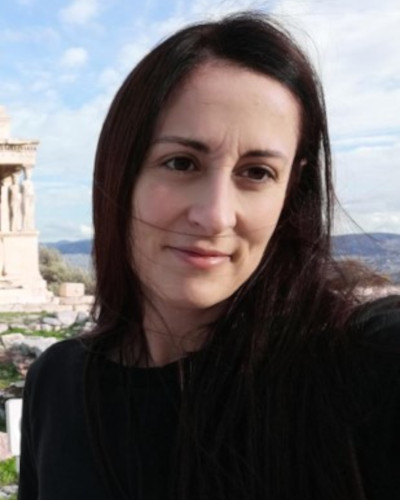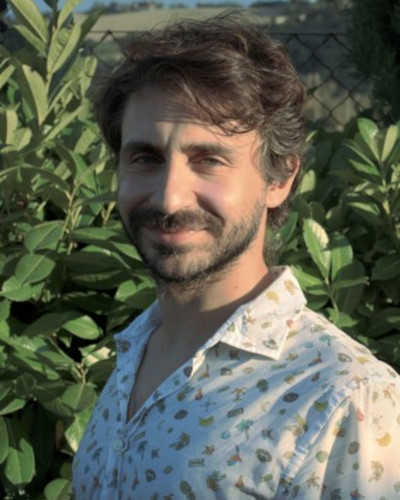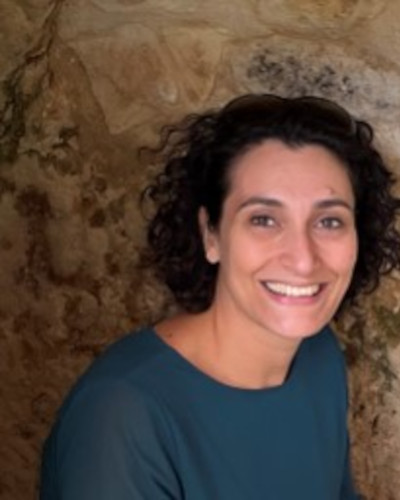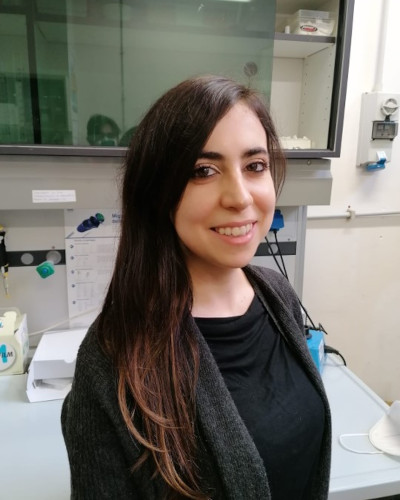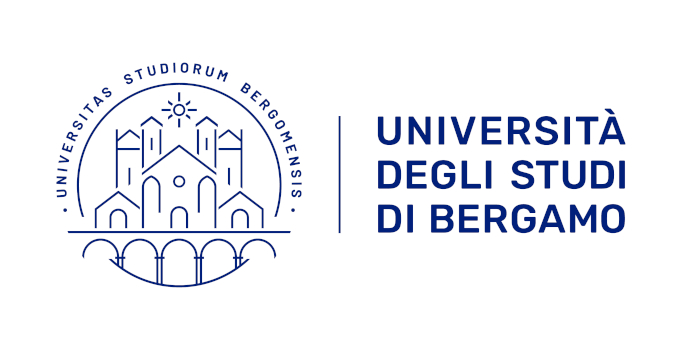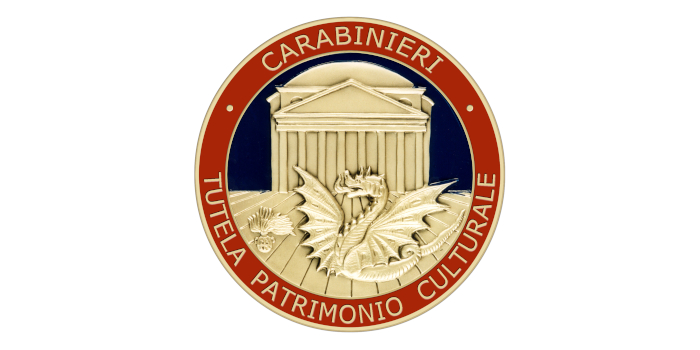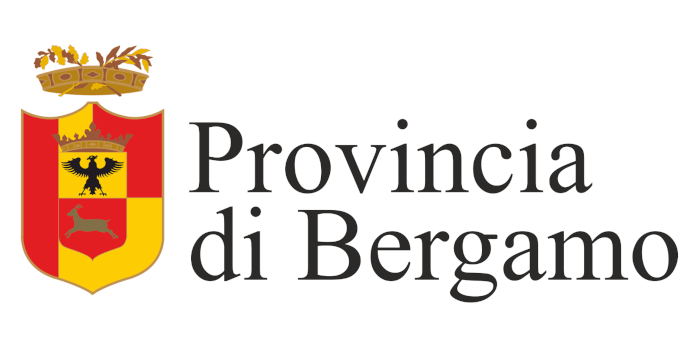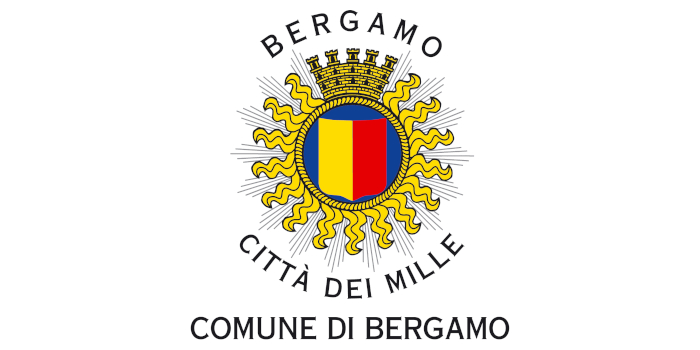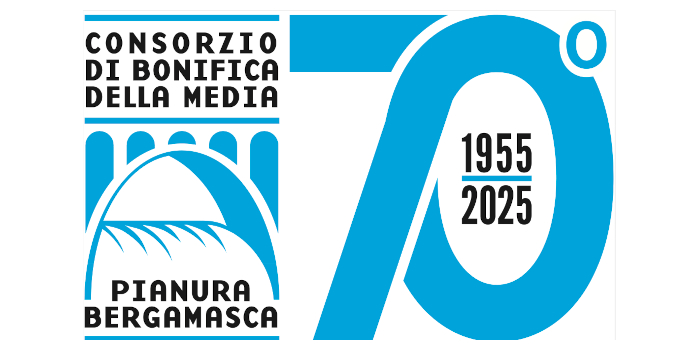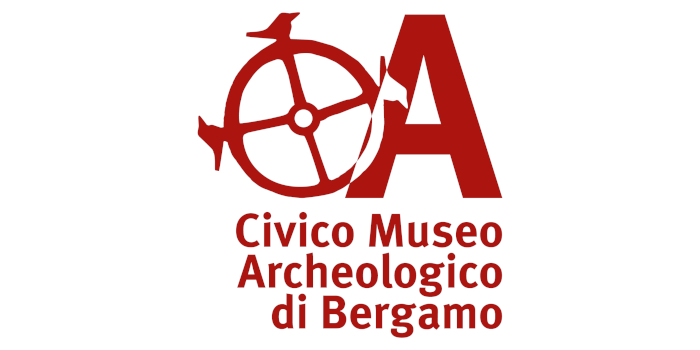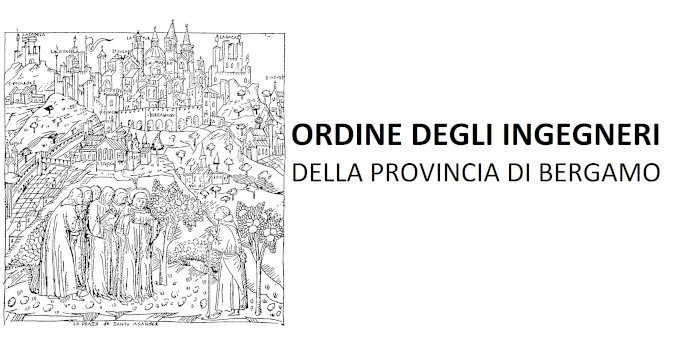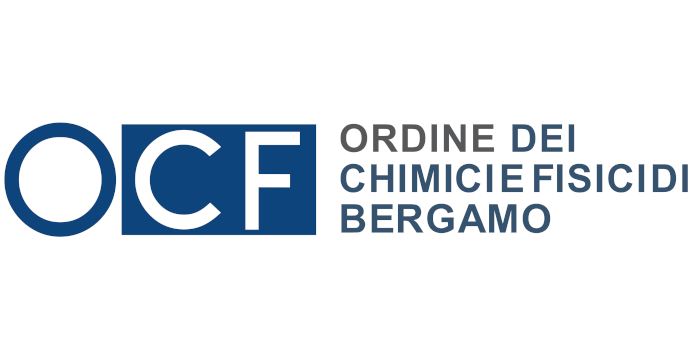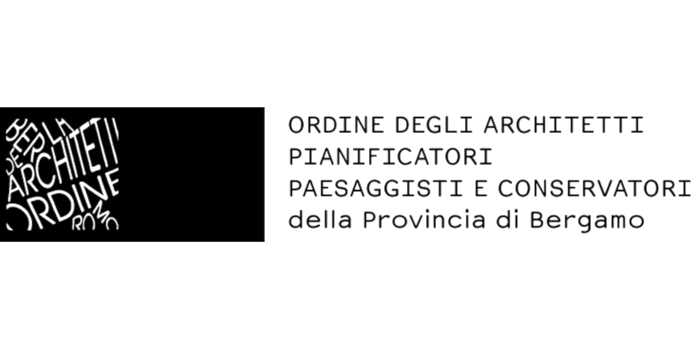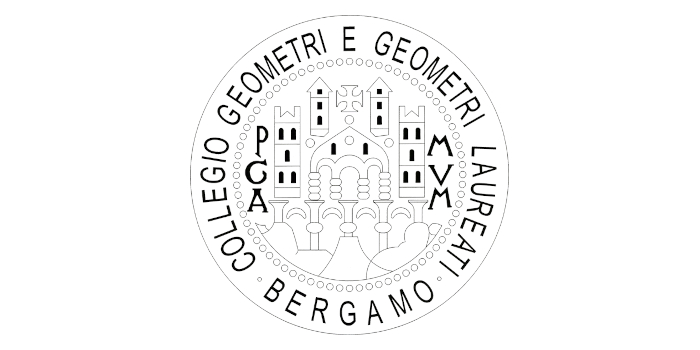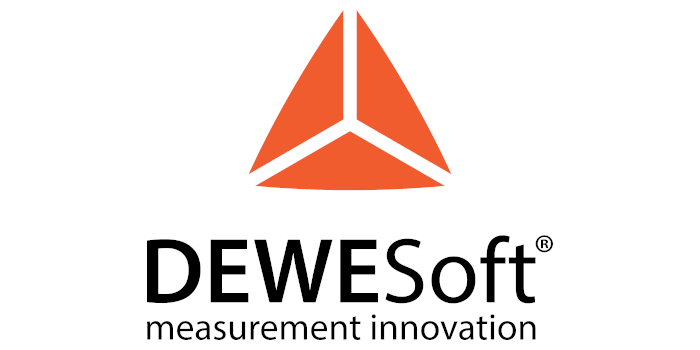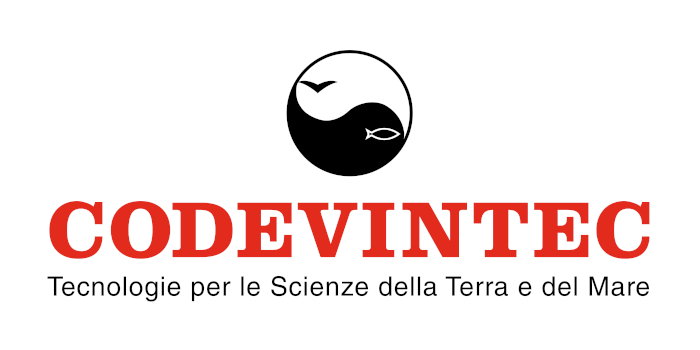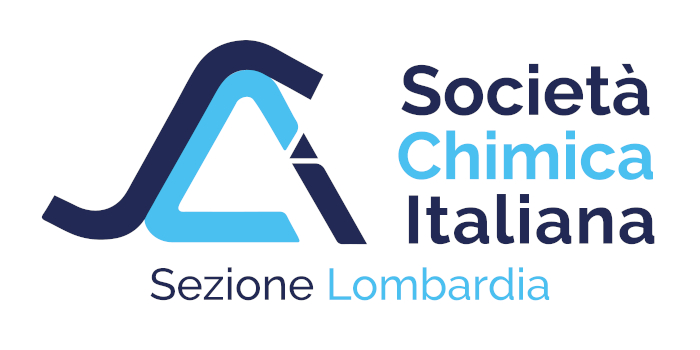SPECIAL SESSION #16
Old Solutions for New Problems: Innovative Multitechnical Strategies for Diagnostics on Peculiar Case Studies
ORGANIZED BY
Laura Medeghini
Department of Earth Sciences - Sapienza University of Rome, Italy
Alessandro Ciccola
Department of Environmental Biology - Sapienza University of Rome, Italy
Alessia Masi
Department of Environmental Biology - Sapienza University of Rome, Italy
Ilaria Serafini
Department of Environmental Biology - Sapienza University of Rome, Italy
ABSTRACT
In the field of cultural heritage diagnostic, it’s increasingly important to explore how traditional methodologies can be adapted and enhanced through modern technology.
This session focuses on the application of classic techniques—such as spectroscopies, microscopies, and other well-established methods—while integrating them with cutting-edge, multi-technical approaches to address contemporary challenges. Through the examination of unique and complex case studies, this session highlights how a combination of old and new techniques can offer innovative solutions, improve accuracy, and optimize outcomes in fields ranging from cultural heritage conservation to materials science.
Experts will share insights into how combining multiple diagnostic tools—such as non-destructive testing methods, advanced imaging techniques, omics and AI applications and real-time monitoring—can create a more holistic understanding of systems or deteriorating processes. The case studies will showcase how combining traditional approaches with emerging technologies can provide deeper insights into the material, historical, and environmental aspects of various subjects, helping to effectively address complex conservative challenges.
ABOUT THE ORGANIZERS
Laura Medeghini is Associate Professor at the Department of Earth Sciences, Sapienza University of Rome. She specializes in the archaeometric study of geomaterials related to cultural heritage and the experimental development of new materials for restoration and conservation. Her research aims to define the nature of raw materials of ancient geomaterials and create restoration materials that replicate the physical and mechanical properties of ancient ones, ensuring compatibility and enhancing durability. She teaches courses on applied geosciences in cultural heritage, with a focus on infrared spectroscopy, applied diagnostics, and scientific methods used in the characterization of geomaterials in cultural heritage. She is actively involved in scientific events and has organized numerous national and international conferences and sessions. Currently she is the PI of the BIO-DUST project (PRIN 2022) which focuses on developing a new material for 3D printing using biomass and recycled food waste materials. She is also co-PI of the CHANGES project, funded by PNRR, which investigates the use of statistical methods in analyzing ER-FTIR spectra.
Alessandro Ciccola graduated at the MD in Chemical Sciences of the University of Ferrara in 2014 and he obtained his Ph.D. in Chemical Sciences at Sapienza University of Rome in 2017, with a project on the use of spectroscopic and spectrometric methods for the study of photo-induced degradation processes on acrylic emulsions and ageing of street artworks. He was a Research Fellow at the Dept. of Chemistry of Sapienza, where he was involved in the development of analytical strategies based on Spectroscopic methods, such as Fiber Optical Reflectance Spectroscopy, Fourier Transformed Infrared, standard and Surface Enhanced Raman Scattering, for the identification of materials, such as dyes, pigments and binders in objects of interest in art, archaeology and forensics. Since 2023, he has been working as Research Fellow-Assistant Professor at the Dept. of Environmental Biology of Sapienza University of Rome, with a project focused on the development of SERS substrates for the high-sensitivity detection and identification of pollutants in Museum environment and other analytes of main importance for Cultural Heritage diagnostics and conservation. He is lecturer for the course of “Organic Chemistry and Dyes” and co-funder of D-ART srl, a University start up for the technology transfer in diagnostics and conservation.
Alessia Masi is a researcher in the field of palynology and paleoenvironment, currently affiliated with the Department of Environmental Biology at Sapienza University of Rome (Italy) and co-PI of the Palaeo-Science and History Group of the Max Planck Institute of Geoarchaeology (Germany). She focuses on the study of ancient environment and climate change through the analysis of pollen records. Her work is pivotal in understanding how past climatic conditions and human impact have shaped current biodiversity and ecological patterns, particularly in the Mediterranean region. Her research emphasizes the importance of integrating palynological data with, from one side, the sedimentological and geochemical analyses and, from the other side, historical and archaeological data, to achieve accurate paleoenvironmental reconstructions. She has been actively involved in several interdisciplinary projects that aim to elucidate the complex interactions between climate, vegetation, and human activities from geological to centennial timescales. She also works on macro-remains related to archaeological contexts with the purpose of understanding plant exploitation, trades and human interaction.
Dr. Ilaria Serafini is a researcher tenure track at the Dep. of Environmental Biology, Sapienza University of Rome. She obtained her PhD at Sapienza with a thesis on the development of nanomaterials and new methodologies for the conservation of textiles. During her PostDoc in Analytical Chemistry, she dealt with the development of analytical methods in LC-MS for the identification of diagnostic markers in complex matrices in Cultural Heritage. She is also inventor of two patents and the founder of the Start-up Sapienza D-ART srl. In 2020, she won the Marie Skłodowska-Curie Global Fellowship, under the supervision of Prof. Curini and Prof. Favero, with a project on the development of new methodologies in the field of proteomics and the analysis of dyes in archaeological finds, which brought her for two years at the proteomics lab of the Smithsonian Institution, under the supervision of Dr. Cleland and Dr. Kavich. After the outgoing phase, Dr. Serafini took up service as a tenure track researcher in April 2024; she is now working on the conclusion of the Marie Curie project, on proteomics and dyes analyses of charred textiles from Pompeii and on developing new systems for the analysis of organic residues from archeological pottery.


